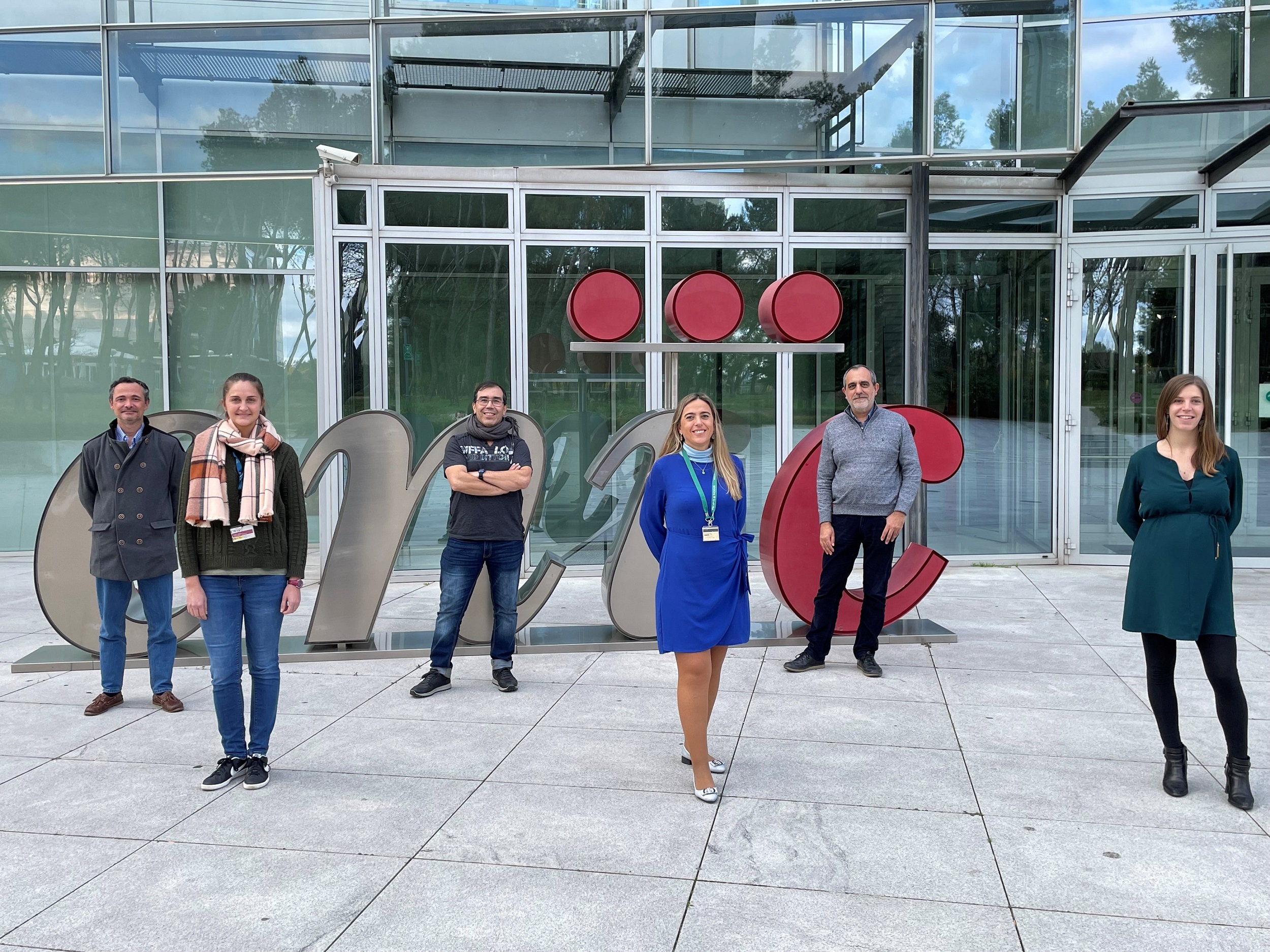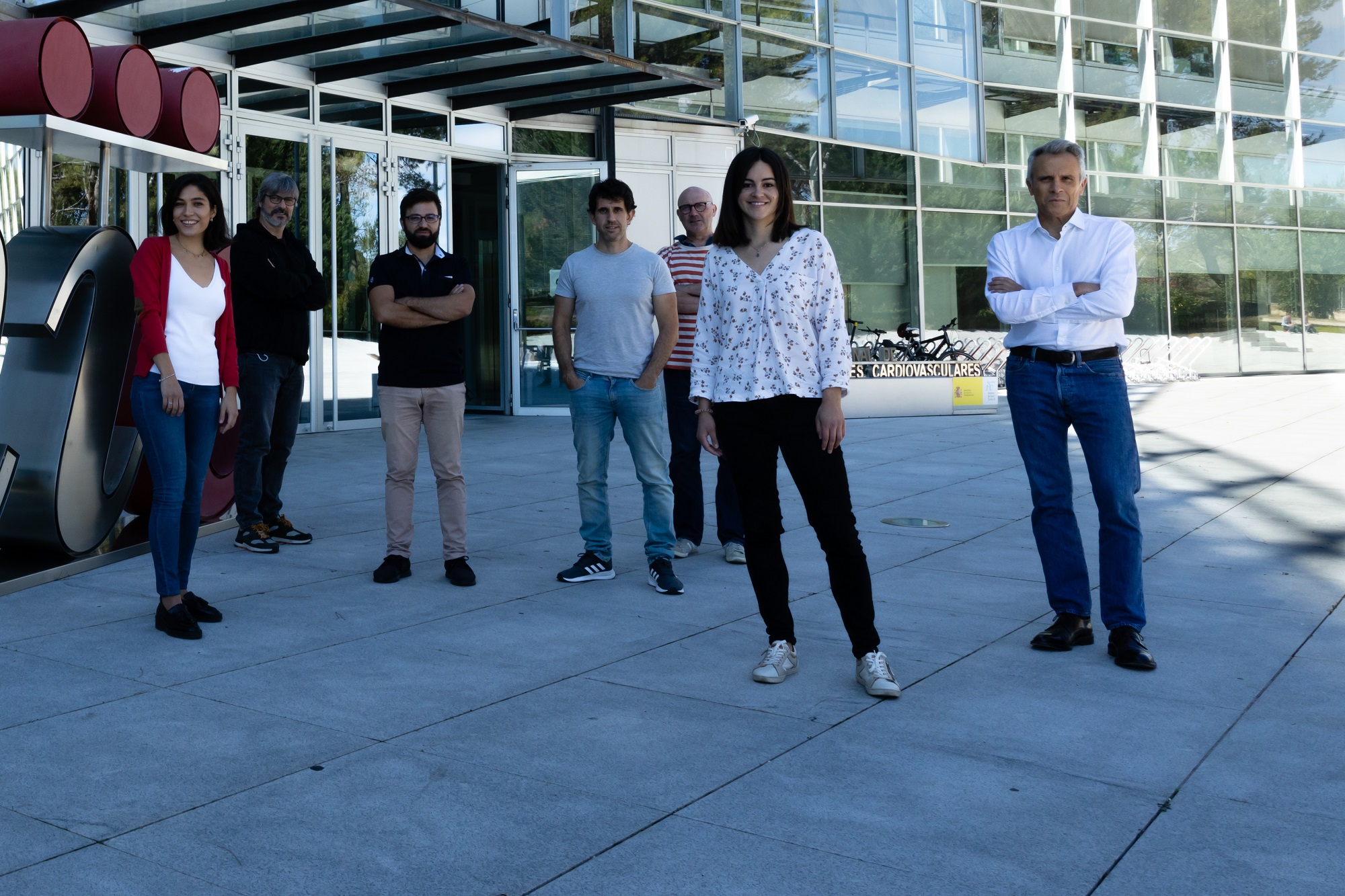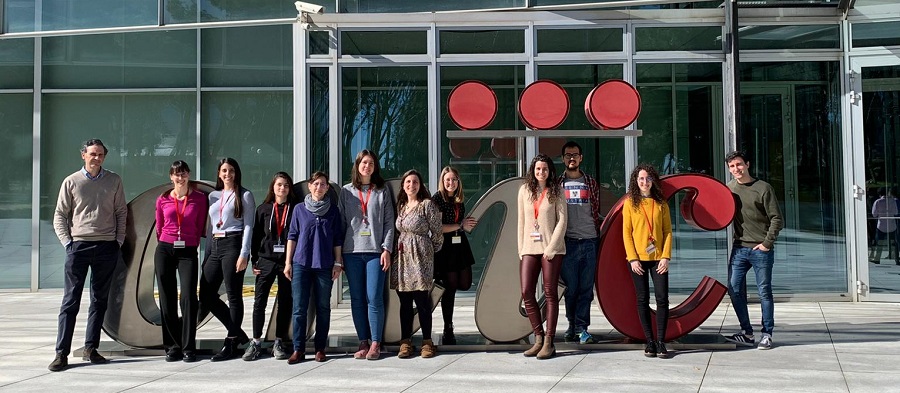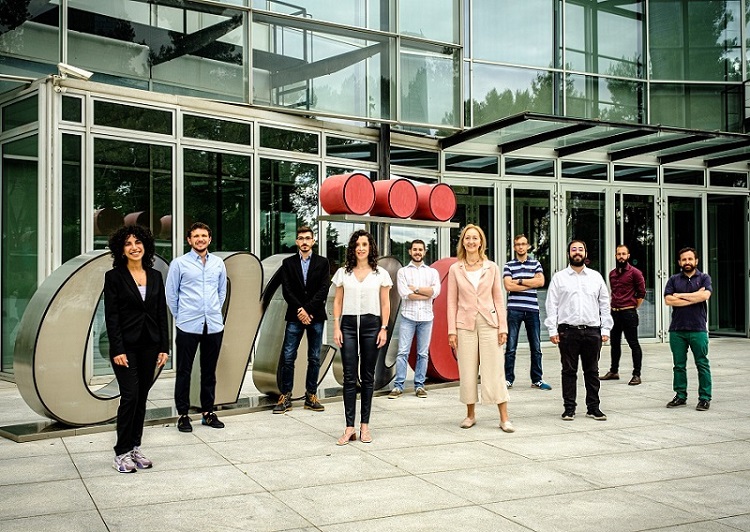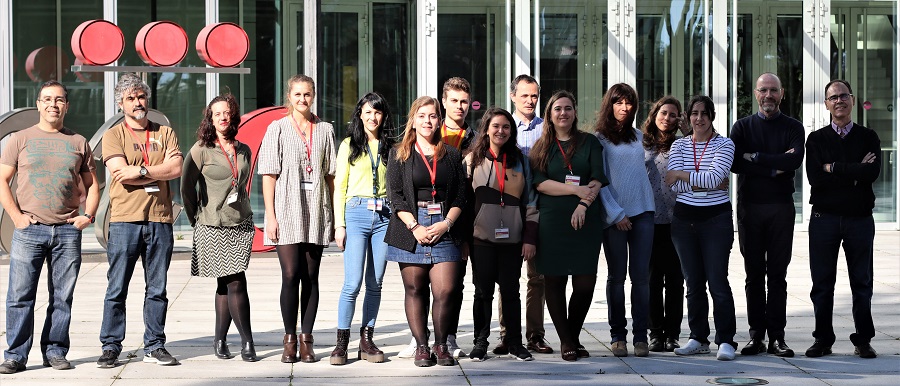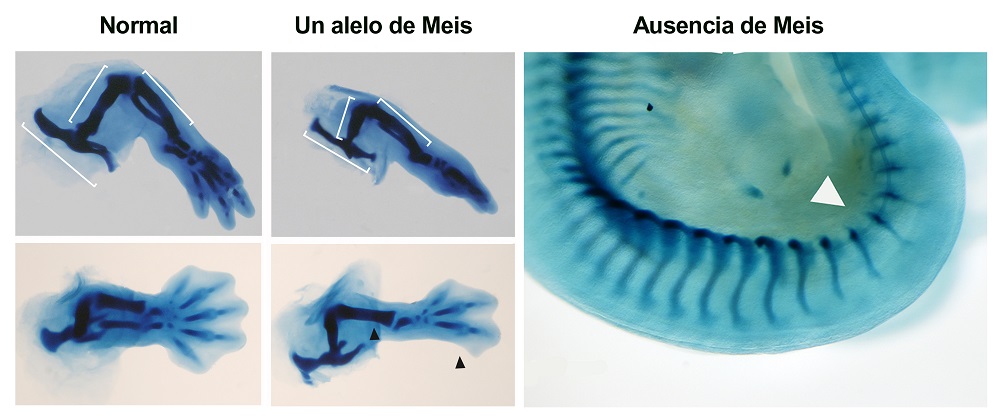News search
|
Research 24 Nov 2021 The study, published in PLoS Biology, shows for the first time that cardiac metabolism in the postnatal period determines the regulation of metabolism in the whole body |
|
Research 12 Nov 2021 A study published in Science Advances shows that the gene GPR126, while not required for the development of the heart, plays an essential role in the formation of the placenta, the gestational organ that nourishes the fetus |
|
Research 3 Sep 2021 The new findings, published in Circulation Research, could spur the development of new tools for the treatment of cardiac hypertrophy |
|
About the CNIC 2 Aug 2021 Akiko Iwasaki, with some other scientists, helped create a plan to stop Covid-19. She has also spoken out about the barrier’s women face in the field of biology |
|
Research 21 Jul 2021 The research team led by project leader Dr Silvia Priori is confident that the discovery of new therapies will reduce the mortality linked to this disease and could also reduce arrhythmias in heart failure patients |
|
Research 29 Jun 2021 A study published in JACC shows that excess circulating triglyceride concentrations are associated with subclinical atherosclerosis and vascular inflammation in individuals with low-to-moderate cardiovascular risk according to standard scores |
|
About the CNIC 10 Jun 2021 The €35,000 awarded by the foundation in each category is for research that deepens knowledge of the relationship between nutrition, food and health |
|
About the CNIC 9 Jun 2021 The study, published in Nature in 2019, revealed relevant data about the involvement of the protein p38gamma in the development of the main type of primary liver cancer, which affects over a million people a year worldwide |
|
Research 2 Jun 2021 The study, published in Nature Communications, reveals that Meis transcription factors are essential for the formation and antero-posterior patterning of the limbs during embryonic development |
- ‹ previous
- 4 of 11
- next ›

